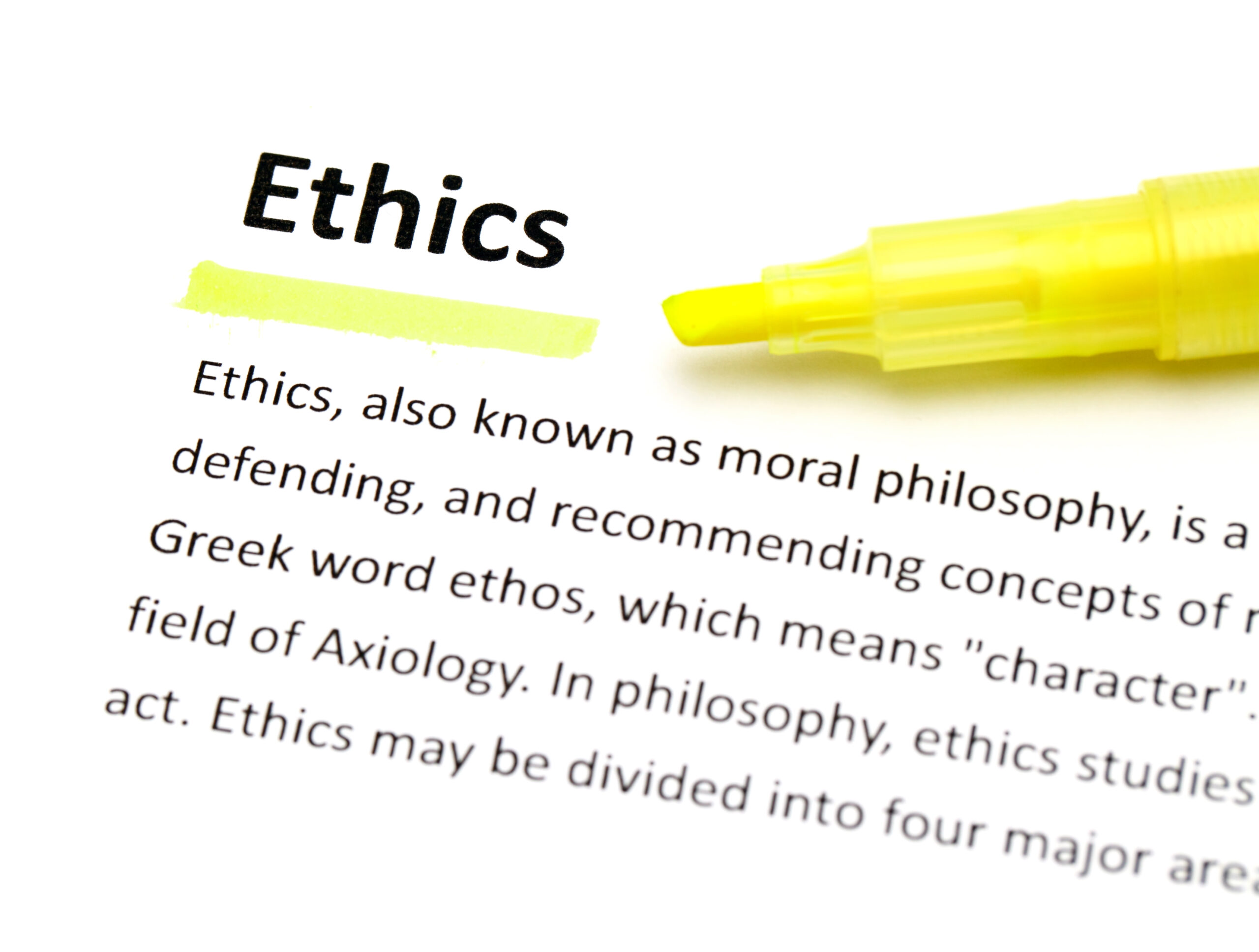Legal Guidance for Responsible AI and Ethics

Safeguard Your Business in the Age of AI
As artificial intelligence (AI) continues to revolutionize industries and reshape the way we work, the importance of responsible AI practices and ethics has become increasingly evident. Ensuring that AI technologies are developed and implemented ethically is not only a matter of social responsibility but also a critical business imperative. In this blog post, we will discuss the key legal aspects of responsible AI and ethics, as well as the role of legal professionals in helping businesses navigate the complex landscape of AI regulations and best practices.
Legal Support for Transparency and Explainability
Transparency and explainability are crucial components of responsible AI from a legal perspective. Businesses must ensure that their AI systems are transparent in terms of decision-making processes, data sources, and potential biases. Legal professionals can help businesses develop clear documentation and communication strategies to satisfy regulatory requirements and build trust with stakeholders.
- Drafting clear terms and conditions and privacy policies that outline how AI systems work and make decisions.
- Assisting with the implementation of explainable AI techniques and ensuring compliance with relevant laws and regulations.
Addressing Fairness and Non-Discrimination through Legal Expertise
Fairness and non-discrimination are essential for ensuring that AI systems do not perpetuate existing biases or create new ones. Legal professionals can help businesses identify potential biases and guide them in implementing measures to prevent unfair treatment or discrimination in compliance with existing laws.
- Advising on legal compliance with anti-discrimination laws and regulations.
- Assisting with regular audits of AI models to identify potential biases and ensure compliance with relevant laws.
Ensuring Privacy and Data Protection Compliance
Privacy and data protection are critical aspects of responsible AI from a legal standpoint. Legal professionals can help businesses ensure that AI systems comply with data protection laws and respect user privacy, mitigating risks and building trust.
- Advising on compliance with data protection laws and regulations, such as GDPR and CCPA.
- Drafting and reviewing data processing agreements and privacy impact assessments to ensure legal compliance and mitigate risks.
Legal Support for Accountability and Governance
Accountability and governance are essential for demonstrating ethical responsibility and ensuring that AI systems align with a business’s values and objectives. Legal professionals can help businesses establish clear governance structures and processes for AI projects, as well as implement accountability frameworks.
- Assisting with the development of AI governance policies, including roles and responsibilities, decision-making processes, and monitoring mechanisms.
- Advising on legal and regulatory requirements for AI accountability and helping businesses establish compliant frameworks.
Legal Collaboration and Stakeholder Engagement
Collaborating with stakeholders and engaging them in the AI development process can help ensure that AI systems are designed and deployed responsibly and ethically. Legal professionals play a critical role in facilitating these collaborations and ensuring compliance with relevant laws and regulations.
- Assisting with stakeholder engagement strategies, such as drafting contracts and agreements with industry partners, academia, and regulators.
- Advising on the legal implications of AI collaborations and ensuring compliance with intellectual property, data protection, and other relevant laws.
Embracing responsible AI and ethics is crucial for businesses as they navigate the complex landscape of AI technologies. By engaging legal professionals with expertise in AI law and ethics, businesses can ensure that they stay compliant with relevant regulations, protect their intellectual property, and mitigate potential risks. Legal guidance in responsible AI practices not only helps businesses safeguard their interests but also contributes to the long-term success and sustainability of AI-driven innovations in the digital age. Trust our experienced team at [Your Law Firm] to provide the necessary legal support and guidance for responsible AI in your business.















